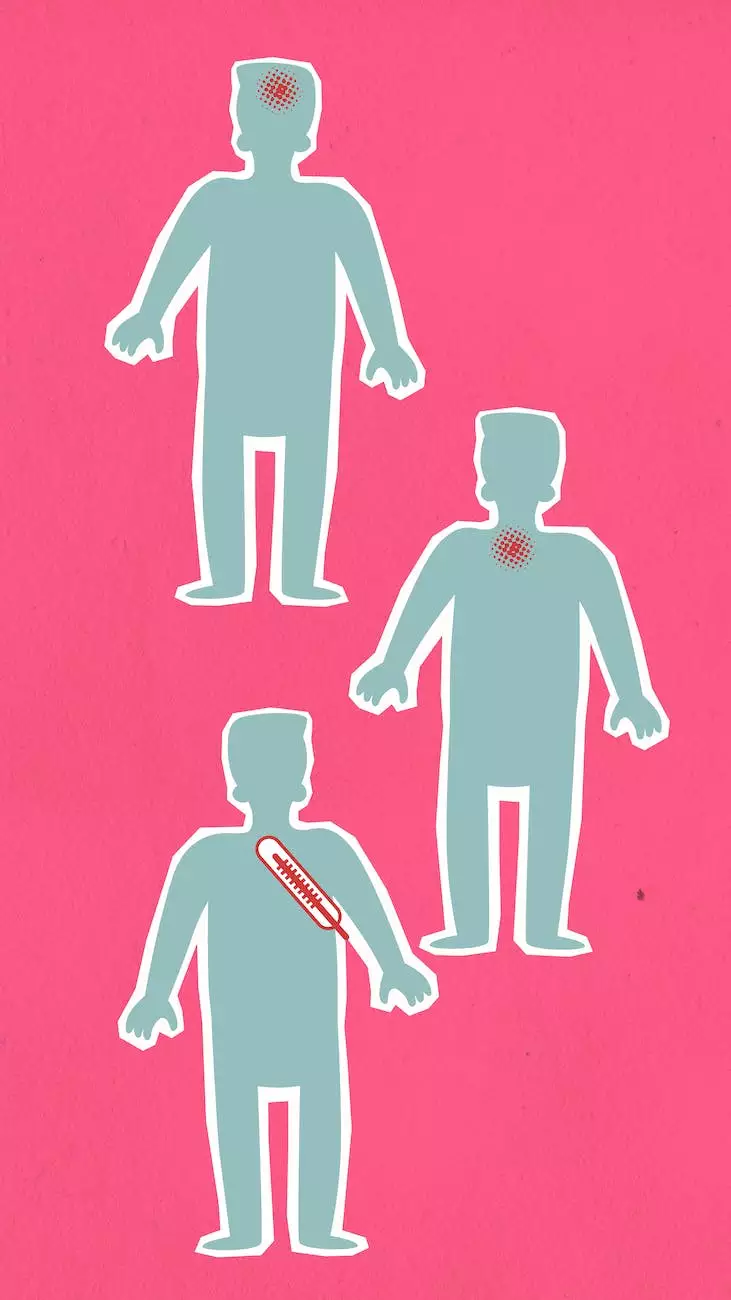Seasonal Allergies Vs. Sinus Infection
Blog
Introduction
Seasonal allergies and sinus infections can often share similar symptoms, making it difficult to distinguish between the two. Understanding the differences is crucial for appropriate treatment and effective management of your symptoms. In this comprehensive guide, Benjamin Shettell, MD, an expert physician in the field of health, will provide you with invaluable insights, the latest research, and proven treatment options for both seasonal allergies and sinus infections.
What are Seasonal Allergies?
Seasonal allergies, also known as hay fever or allergic rhinitis, are caused by an allergic response to airborne substances such as pollen, mold spores, or dust mites. Common symptoms of seasonal allergies include:
- Sneezing
- Runny or stuffy nose
- Itchy nose, eyes, or throat
- Watery and red eyes
- Coughing
- Fatigue
- Headache
Seasonal allergies typically occur during specific times of the year when certain allergens are in abundance, such as during spring or fall. By identifying your specific triggers, you can take steps to minimize exposure and alleviate symptoms.
What is a Sinus Infection?
A sinus infection, or sinusitis, is an inflammation or infection of the sinuses, which are hollow cavities in the skull. Sinus infections can be caused by viruses, bacteria, or fungi. Unlike seasonal allergies, sinus infections are not triggered by allergens but rather by infections. Common symptoms of a sinus infection include:
- Nasal congestion
- Pain or pressure in the face
- Thick yellow or green nasal discharge
- Headache
- Cough
- Fever
Sinus infections are usually a result of a viral infection, but they can become bacterial if left untreated or worsen over time. It's essential to consult with a healthcare professional to determine the appropriate course of treatment.
Distinguishing Between Seasonal Allergies and Sinus Infections
While the symptoms of seasonal allergies and sinus infections can overlap, there are some key differences that can help you identify which condition you may be experiencing.
Duration of Symptoms
Seasonal allergies generally last as long as you are exposed to the allergens triggering your symptoms. These symptoms may persist for weeks or even months. Sinus infections, on the other hand, tend to last for a shorter duration, usually a week to ten days.
Onset of Symptoms
Allergy symptoms usually develop rapidly after exposure to allergens. In contrast, sinus infection symptoms may develop gradually, often starting with a cold or respiratory infection before progressing into sinus-related symptoms.
Nature of Nasal Discharge
In seasonal allergies, the nasal discharge is usually clear and thin. In sinus infections, the discharge is often thick, yellow or green in color, and can have a foul odor.
Pain and Pressure
Sinus infections are more likely to cause facial pain and pressure around the affected sinuses, often worsened when bending forward. Seasonal allergies, on the other hand, generally do not cause significant facial pain or pressure.
Treatment Options
Once you have identified whether you are dealing with seasonal allergies or a sinus infection, appropriate treatment can be pursued. It is vital to consult with a healthcare professional, such as Benjamin Shettell, MD, to receive a personalized treatment plan based on your specific condition and medical history.
Treatment for Seasonal Allergies:
Treatment options for seasonal allergies may include:
- Antihistamine medications to reduce allergic reactions
- Immunotherapy (allergy shots) to desensitize your immune system
- Nasal corticosteroid sprays to reduce inflammation in the nasal passages
- Decongestants to relieve nasal congestion
- Avoiding allergens through environmental modifications
Treatment for Sinus Infections:
Treatment options for sinus infections may include:
- Antibiotics to treat bacterial infections
- Nasal decongestants to relieve nasal congestion
- Pain relievers and fever reducers
- Nasal saline irrigation to flush out the sinuses
- Steam inhalation to ease congestion and provide relief
Remember, the best course of action is to consult with a healthcare professional to determine the most suitable treatment plan for your specific condition.
Conclusion
By understanding the differences between seasonal allergies and sinus infections, you can better manage your symptoms and seek appropriate treatment. Benjamin Shettell, MD, an experienced healthcare professional in the field of health, is dedicated to helping individuals like you with their healthcare needs. Whether you're struggling with seasonal allergies or sinus infections, Dr. Shettell can provide expert guidance and treatment options to improve your well-being and quality of life. Don't let these conditions hold you back – take control of your health today.










